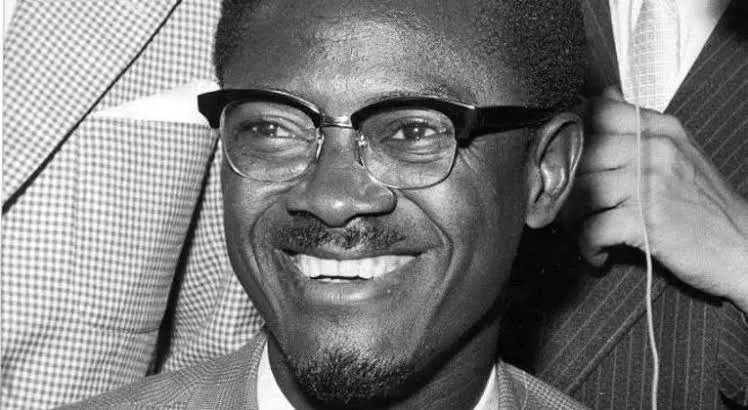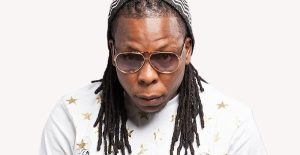The Democratic Republic of Congo celebrates the centenary of Patrice Lumumba’s birth
3 min read
DR Congo honors 100 years since Patrice Lumumba’s birth, remembering a revolutionary icon.
DR Congo Celebrates Lumumba’s Centenary
The Democratic Republic of Congo marked the 100th birthday of its revolutionary leader, Patrice Lumumba, on Wednesday with nationwide reflections and tributes.
Honoring a National Icon in Kinshasa
An official ceremony was held in Kinshasa, at the mausoleum that houses Lumumba’s remains. The solemn event brought together government officials, dignitaries, and his family.
Leaders Join in the Celebration
Among the key attendees were Congolese Culture Minister Yolande Elebe Ma Ndembo and Lumumba’s daughter, Juliana. Both paid emotional tribute to his revolutionary legacy.
Early Life of a Revolutionary Leader
Born on 2 July 1925 as Isaïe Tasumbu Tawosa, in what was then the Belgian Congo, Lumumba would go on to become one of the most significant figures in African liberation history.
Inspired by Anticolonial Struggles
As a young man, Lumumba was deeply influenced by the fight against colonial rule. He became passionate about pan-Africanism and the need for Congolese self-determination.
Founding the Congolese National Movement
In 1958, Lumumba co-founded the Congolese National Movement (MNC), a political party that quickly gained traction in the fight for independence.
Victory in the First National Elections
After the country achieved independence in 1960, the MNC won Congo’s first national elections. Lumumba became the first Prime Minister at only 34 years of age.
A Bold Speech That Made History
Lumumba shocked the world when he gave an impromptu speech during the independence ceremony. Standing before the Belgian King, he condemned colonialism and praised African resilience.
A Target for Western Powers
His outspoken nationalist views and perceived closeness to the Soviet Union alarmed Western powers. The CIA and Belgian authorities began monitoring him closely.
Short-Lived Leadership Cut by Coup
Only seven months into office, President Joseph Kasa-Vubu dismissed Lumumba. Shortly after, Mobutu Sese Seko led a military coup, seizing control of the government.
The Assassination That Shook the World
In January 1961, Lumumba was executed by Katangan separatists and local police, with help from Belgium and the CIA. His murder sparked international outrage and global protests.
Global Reactions to His Death
Countries such as India and former Yugoslavia held demonstrations condemning the killing. His death was seen as a direct attack on African liberation movements.

Symbol of African Sovereignty
Lumumba became a martyr for the African cause. His image has remained a symbol of resistance, independence, and black identity throughout the continent.
A Legacy Still Revered Today
More than 60 years after his death, Lumumba is still a central figure in Congolese history. His ideas continue to inspire new generations across Africa.
Lumumba’s Final Resting Place
His remains, including a gold-capped tooth returned by Belgium in 2022, now lie in the mausoleum in Kinshasa. It is a national site of pilgrimage and remembrance.
Calls for Accountability Continue
Activists and historians still call for deeper investigations into the full scope of international involvement in his assassination, and for justice to be served.
Preserving His Historical Importance
Congolese schools and institutions increasingly incorporate Lumumba’s life into their curricula, ensuring the younger generation knows his significance in shaping the nation.
The Man Who Dared to Speak Truth
Even a century after his birth, Patrice Lumumba’s legacy lives on. He remains a beacon of courage, truth, and African dignity in the face of colonial oppression.





